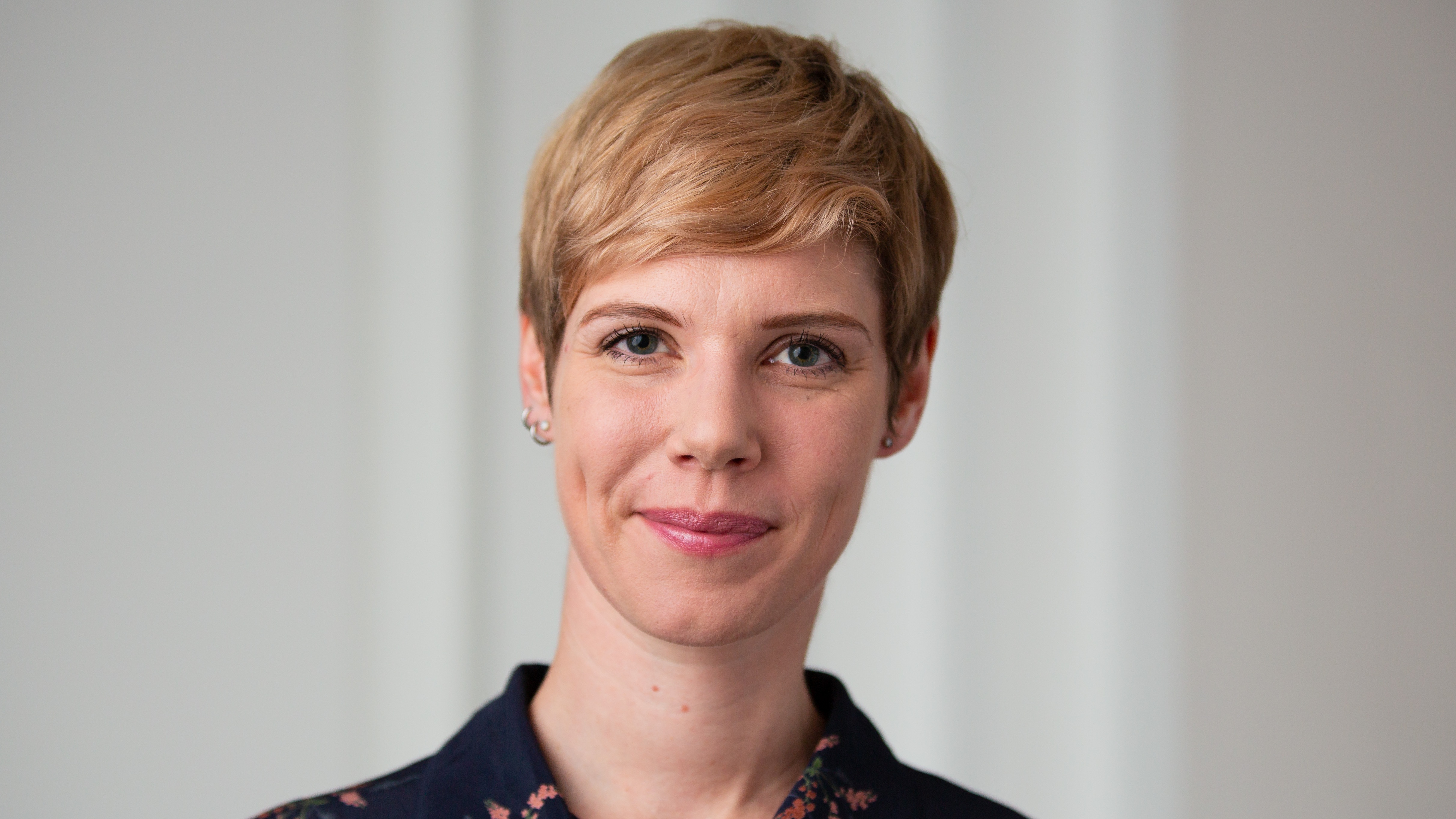Digital studying in times of COVID-19: teacher- and student-related aspects of learning success in german higher education
| Author: | Engel, O., Zimmer, L. M., Lörz, M., & Mayweg-Paus, E. |
| Published in: | International Journal of Educational Technology in Higher Education, 20(12) |
| Year: | 2023 |
| Type: | Academic articles |
| DOI: | 10.1186/s41239-023-00382-w |
In the wake of COVID‑19, study conditions in Europe have changed dramatically. To limit contact between students and teachers, since March 2020 teaching has largely taken place digitally (remotely via digital means) and in private. Because the success of digital learning likely relies on many factors beyond good digital infrastructure condi‑ tions, this article focuses on which aspects, at both the teacher and the student levels, promote digital learning success. The large‑scale student survey “Studying in Times of the Corona Pandemic” conducted at German universities and universities of applied sciences in the summer semester of 2020 offers data on how COVID‑19 has affected several aspects of university studying in Germany. Here, we consider this data within the theoretical framework “theory of transactional distance” introduced by Moore (in: Moore (ed) Handbook of distance education, Routledge, 2018), according to which the success of digital teaching is influenced by dialogue, structure, and learner autonomy. Based on various regression analyses, our results show that several (digital) framework conditions must be created on both the teacher and student levels to achieve suf‑ ficient digital learning success. In this sense, our findings provide guidance on which aspects institutions of higher education should focus on when developing or updating their digitalization strategies. In accordance with collaborative learning approaches a key factor for learning success appears to be enabling peer‑to‑peer interactions. This finding supports our prediction that the possibility of engaging in interactive learning activities is crucial for students’ learning experience, as it might reduce the percep‑ tion of transactional distance and allow for social exchange. The strongest predictor of students’ learning success turned out to be the (perceived) digital competencies of the teachers. This finding clearly emphasizes that teachers must be qualified to address the very specific challenges of teaching in digital contexts and indicates that universities may need to implement more teacher qualification programs
| Visit publication |

Connected HIIG researchers
Elisabeth Mayweg, Prof. Dr.
- Open Access
- Peer Reviewed

